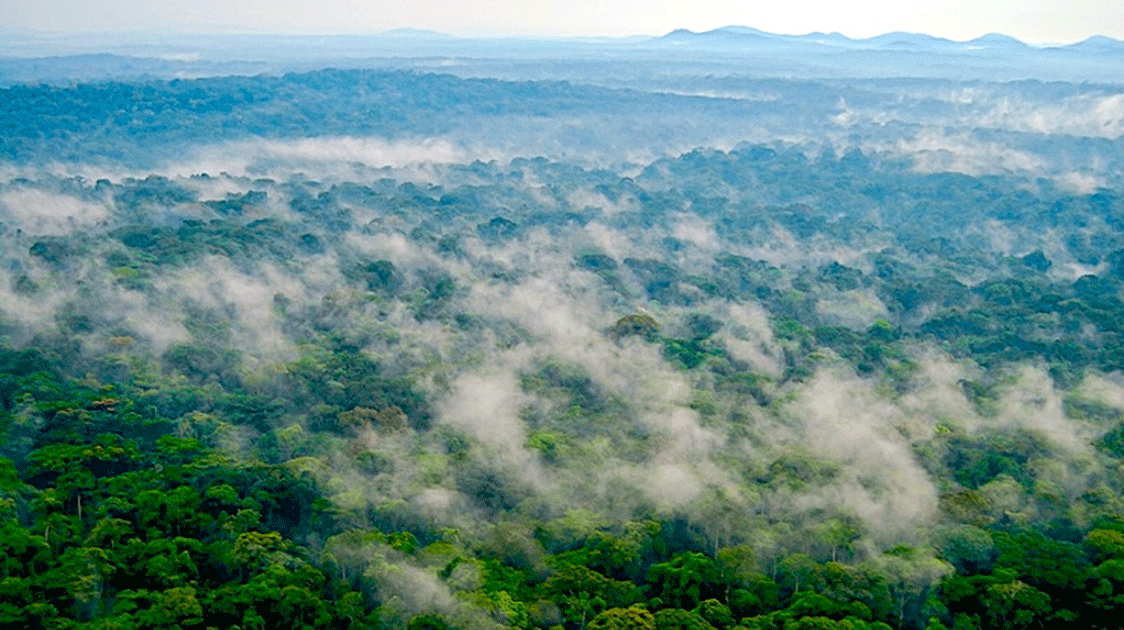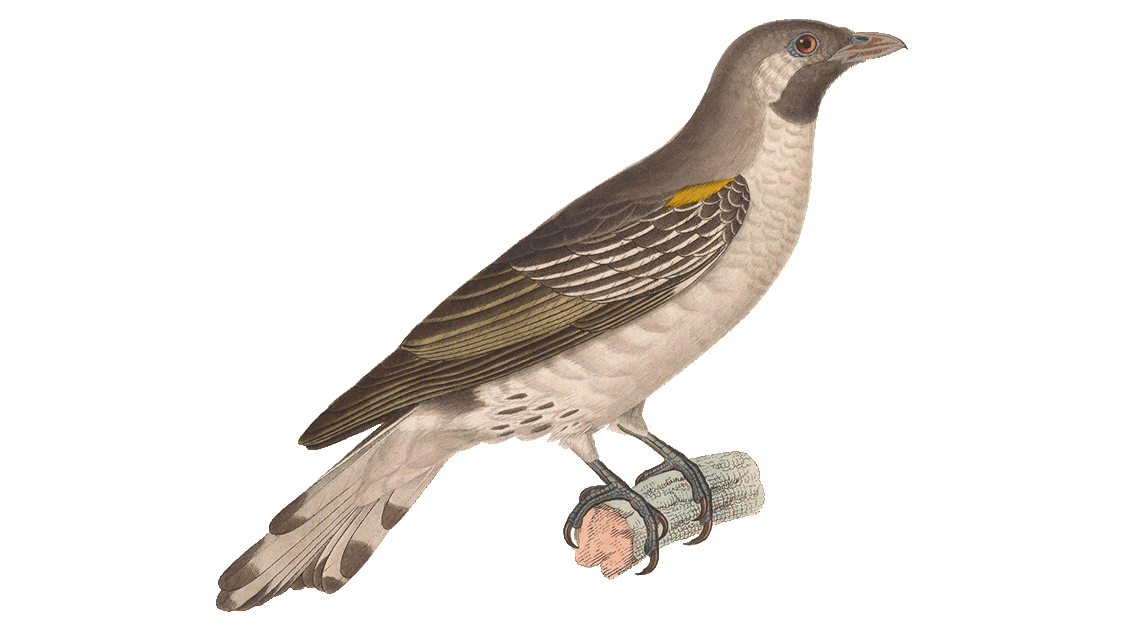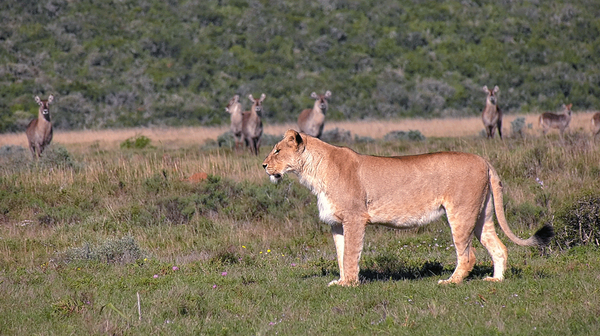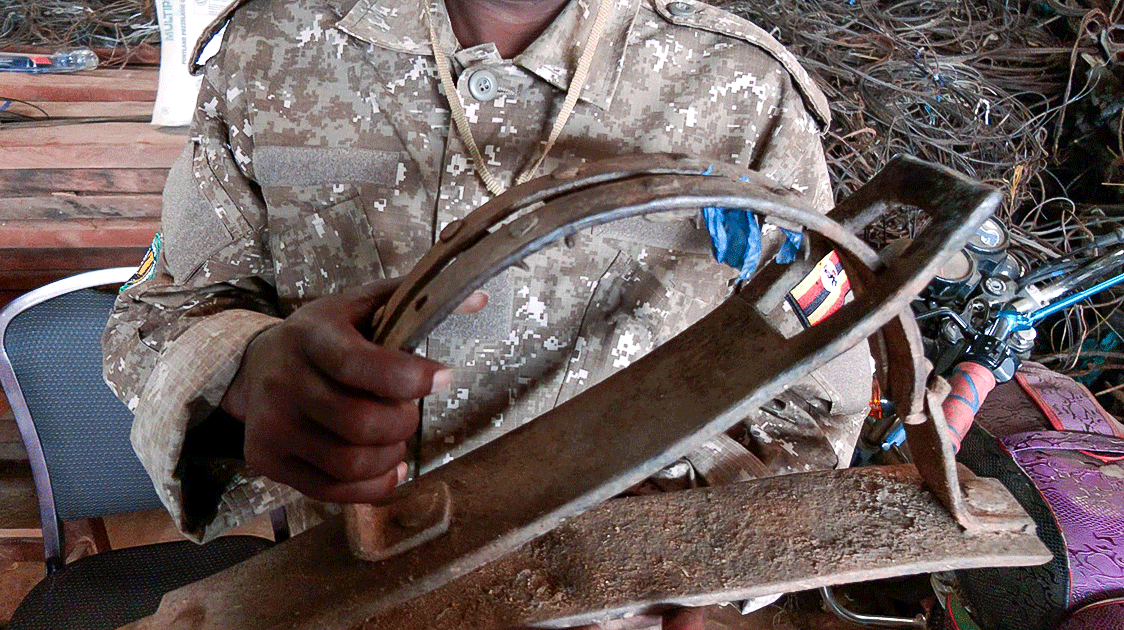The Importance of Poaching Awareness
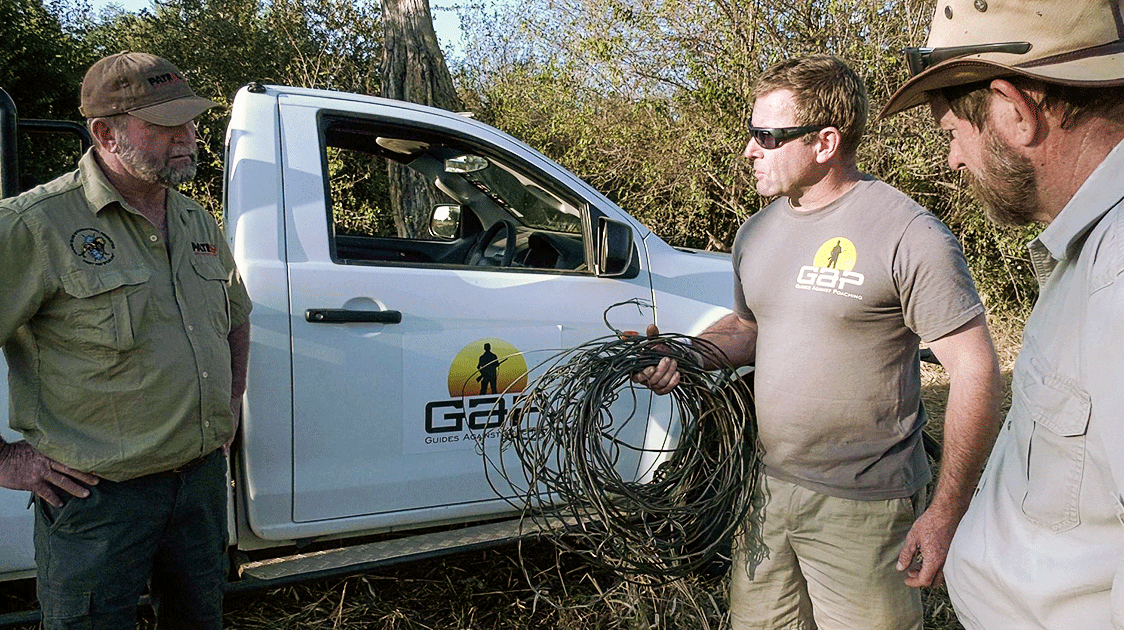
Raising awareness about poaching is as critical as carrying out frontline patrols. Without public understanding of the scale of the problem, efforts to protect Africa’s wildlife can easily be undermined. Education, collaboration, and visibility are therefore essential components of long-term conservation.
A Unified Approach to Conservation
In this feature, John Laing, Director of Guides Against Poaching (GAP), and professional hunter Guy Venter emphasise the importance of uniting all stakeholders in the wildlife sector. From hunting operators and photo-tourism companies to local communities and NGOs, everyone has a role to play in anti-poaching operations.
They argue that when these diverse groups coordinate efforts, sharing intelligence, resources, and strategies: the results are far more effective than when each sector acts alone.
Making the Public Aware
Equally vital is public awareness. By exposing the realities of poaching and its devastating effects on wildlife populations, conservationists hope to shift attitudes and inspire broader support. Increased awareness helps to:
- Generate funding and resources for anti-poaching patrols.
- Encourage community participation in conservation.
- Put pressure on policymakers to adopt stronger protections.
- Reduce demand for illegal wildlife products through education.
Laing and Venter stress that awareness campaigns are not just about statistics, but also about stories that connect people to wildlife; stories that highlight the value of protecting species for future generations.

